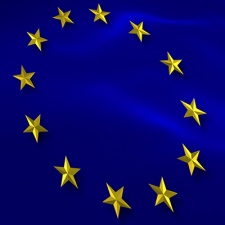There are plans in the works by the European Union to regulate social media platforms like Facebook, Twitter and YouTube more strictly when it comes to extremist propaganda.
According to The Financial Times, the EU has started to abandon its previous manner of dealing with this, which was let the platforms take down the posts on their own volition. Instead it is opting to fine the companies if the content in question is still available after one hour.
The guidelines for removing the radical content from social media sites within an hour that were first outlined by the EU in March are the base for the new law. The EU’s commissioner for security, Julian King, told FT that the regulations would aid in creating legal confidence for the platforms and would be applied to all websites regardless of size.
Gone in sixty minutes
A report published last year by Policy Exchange, describes how terrorist organisations used social media to spread their agenda: “While Telegram exists as a ‘safe haven’ for jihadists, they have not abandoned other platforms such as Twitter, Facebook and YouTube. Twitter accounts for 40 per cent of the identifiable traffic to jihadist content online.”
Companies have tried to fight this spread of content by using artificial intelligence to identify and remove radical content automatically, and by collaborating with a shared database of terrorism-promoting videos and images so tracing and taking them down could happen more quickly.
However, Counter Extremism Project published a study last month that revealed ISIS supporters uploaded 1,348 YouTube videos between March and June that gained over 160k views.
More than 24 percent of the videos remained live on YouTube for over two hours, which saw them be ripped and ported over to other destinations even after the platform reacted.
King also said that Brussels had “not seen enough progress” with social and tech sites regulating and removing extremist content, and urged them to “take stronger action in order to better protect our citizens”.
If the proposed regulations get approved by the European Parliament, it'll be the first government move to directly intervene and control content on social media sites.














